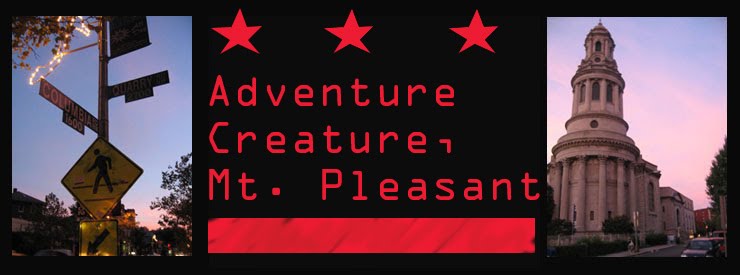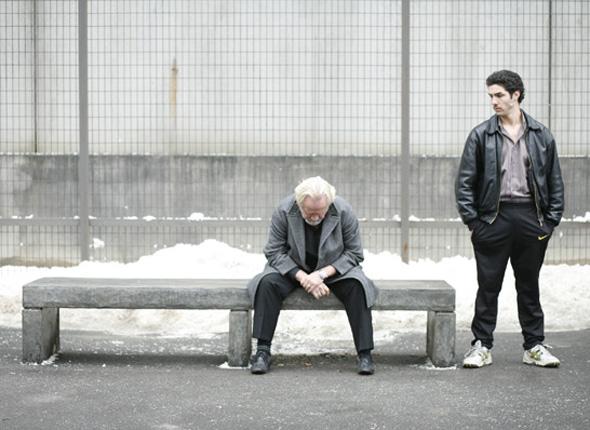Greenberg - **1/2
At times poignant and at times hysterically funny, sometimes even simultaneously, Greenberg, Noah Baumbach’s latest is somewhat less of the sum of its parts, falling short of his two excellent previous films The Squid and the Whale and Margot at the Wedding. Here, Baumbach has created an interesting protagonist and doesn’t know quite what to do with him, letting him wander the cleverly paralleled sprawls of Hollywood and his own psyche until the film decides its going to settle on treacly and clichéd “let go of the past/its never too late to grow up” palabum . One of the characters actually says to the protagonist that it’s never too late “to embrace the life you never planned on.”
Greenberg (Ben Stiller, quite good), you see, was once part of a cool band (The Magic Markers!), but when they got offered a record deal he ended up shooting it down (how much he intended to do that remains ambiguous) and now he’s a 40-year-old carpenter who’s recovering from a nervous breakdown. So when his rich developer brother and family take a working vacation to Vietnam he decides to watch their house and their dog and “do nothing for a while” and just find himself, man. In the meantime there’s Florence (Greta Gerwig), the Greenberg’s au pair who, at 25, really shouldn’t be having a midlife crisis quite so soon, and the dog gets sick and Greenberg reunites with all his old friends from back in the day, man, and he’s just finding himself, you know?
So Greenberg is an antisocial and hugely immature jerk who is completely unable to take criticism, and Ben Stiller makes his relatively sympathetic, which is good. The bigger problem is the Florence character, whose motivations are unknowable behind Baumbach unempathetic writing and Gerwig’s performance; the film fails the Bechdel test, and Florence ends up being something like the inverse of the Manic Pixie Dream Girl, the Pixie Dream Girl on Lithium, maybe. Her character is mostly bewildering, and ends up being little but a disappointing foil for Greenberg’s Journey To Maturity ™.
 Baumbach shoots his characters in profile a lot, especially in the car, watching the endless roads of Los Angeles blur by behind them; Harry Savides shoots the film with his trademark gorgeous naturalism, giving more credibility than deserved to tropes like Greenberg’s fixation with a Wacky Waving Inflatable Arm Flailing Tube Man at a dealership. I’m being pretty harsh; the film moves well, has lots of great moments (I particularly enjoyed Greenberg’s drug-addled rantings at a party of 20-somethings), and almost gets to what it wants to be. In the end, though, we’re left wondering exactly why we care.
Baumbach shoots his characters in profile a lot, especially in the car, watching the endless roads of Los Angeles blur by behind them; Harry Savides shoots the film with his trademark gorgeous naturalism, giving more credibility than deserved to tropes like Greenberg’s fixation with a Wacky Waving Inflatable Arm Flailing Tube Man at a dealership. I’m being pretty harsh; the film moves well, has lots of great moments (I particularly enjoyed Greenberg’s drug-addled rantings at a party of 20-somethings), and almost gets to what it wants to be. In the end, though, we’re left wondering exactly why we care.









